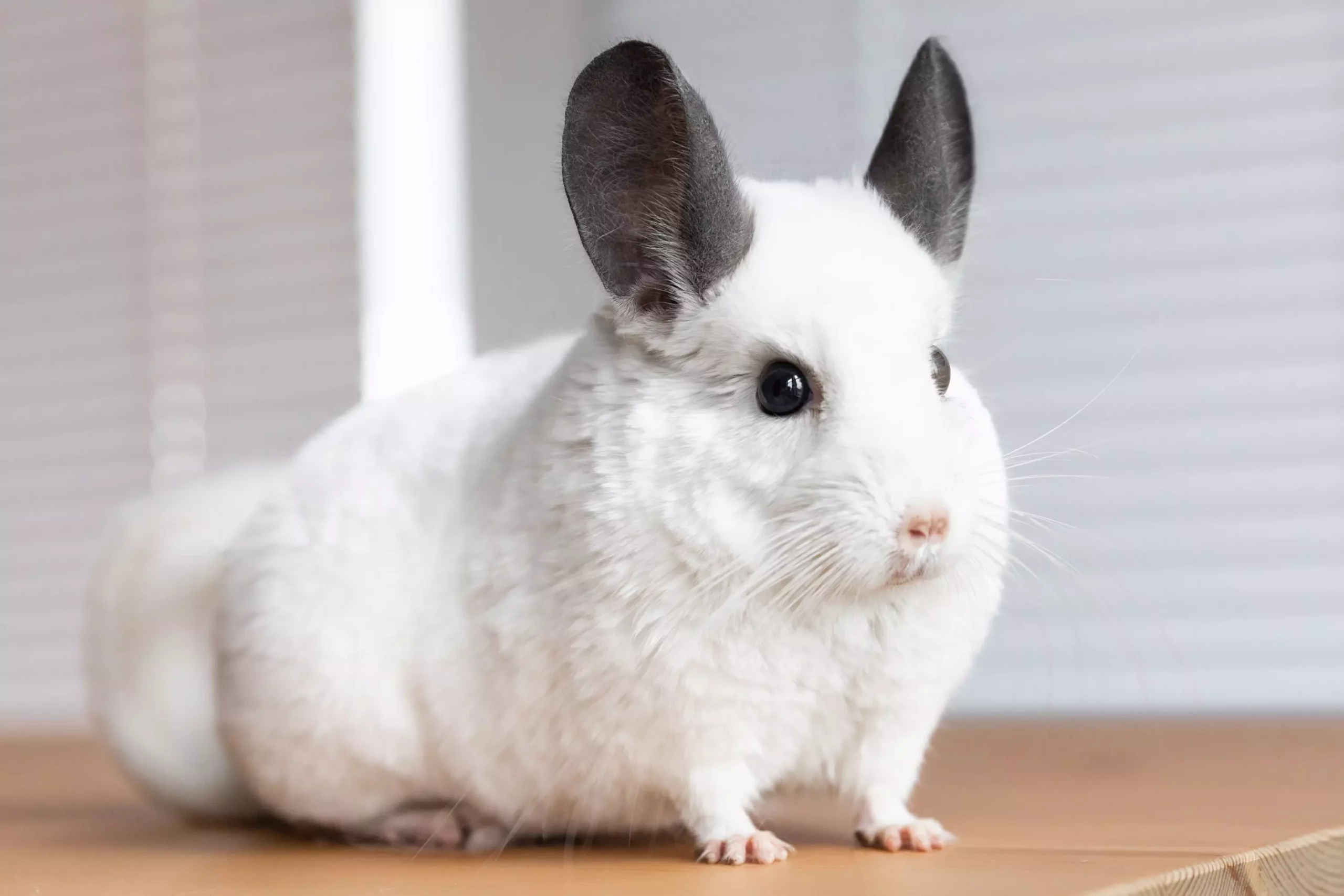The option of having small rodents as pets is appealing to many individuals and families alike. With their playful nature and manageable size, these little creatures can bring joy to any household. Despite their small stature, the variety of these pets offers something for everyone, although proper care and understanding of their behaviors are essential. Each species has its unique characteristics, social needs, and activity patterns, which can impact their suitability for certain owners. Here’s a closer look at some of the most popular small rodents to consider when seeking a furry companion.
Hamsters, particularly the Syrian variety, have been cherished pets for generations. They generally have a lifespan of around two to three years and prefer solitary living. Interesting in their own right, these hamsters can develop a friendly temperament when handled from a young age. However, they are nocturnal animals and can become irritable if disturbed during their daytime sleep. Spanning about 5 to 7 inches in length, the Syrian hamster is visually appealing with its golden-brown coat and lighter underbelly. Care must be taken to provide them with their own habitat, ensuring their need for personal space is respected.
In contrast, dwarf hamsters are known for their sociable nature. Despite their small size, reaching lengths of about 2 inches, they can thrive in groups if housed correctly. Though they have acquired a reputation for being a bit nippy, most dwarf hamsters can be friendly with proper handling. Nonetheless, it’s vital to remember that they may require special attention to prevent any territorial squabbles among roommates.
The charm of smaller rodents doesn’t stop with the dwarf hamster. Chinese hamsters, while slightly larger at around 3 to 4 inches, are also less common as pets. Their quickness, coupled with their agility, might prove challenging for potential owners. Housing these animals in a secure enclosure—like a glass aquarium—can help keep them secure and happy.
On the other hand, gerbils showcase a lively and social disposition, adding to their appeal. Generally, they thrive in pairs or small groups and bond well with their owners when introduced early. Their high energy levels, however, can lead to some challenges when it comes to handling them, as they tend to be wiggly and active. Gerbils can grow to around 4 inches long and exhibit a combination of colors from gray to gold and black. They require a safe environment where they can express their playful nature without concern for escape.
Mice, despite their reputation for being skittish, can quickly become affectionate pets with consistent handling. Their average lifespan is one to three years, and they do well in pairs or groups—particularly females. Mice exhibit a diverse range of colors and patterns, and with the right care, can develop an eagerness to take food from their owner’s hands.
Rats, typically considered among the most intelligent of small rodents, can live two to four years. They are extremely social animals and generally fare better in pairs. Their capacity for learning tricks and their desire for interaction makes them delightful companions. They can grow up to 11 inches in length and come in a variety of colors and patterns, appealing to pet owners who appreciate both beauty and brains in their pets.
Whimsical and charismatic, guinea pigs are a staple in the small pet category. With an impressive lifespan of five to seven years, these pets require more effort in terms of diet—they need fresh hay, veggies, and vitamin supplements. Guinea pigs are typically friendly and easy to handle, making them suitable for families. However, it’s crucial to keep gender compatibility in mind to avoid conflicts among males.
For those who seek a more exotic furry friend, chinchillas offer an interesting option. These nocturnal animals need an environment that caters to their activity patterns. Although they might not enjoy being held much, chinchillas can appreciate the company of their owners and thrive in a household with a quiet atmosphere during the day. Their gorgeous, thick coats come in a range of colors, allowing for a beautiful addition to any pet lineup.
Ultimately, choosing the right small rodent as a pet comes down to understanding their individual care requirements and personality traits. Whether you opt for the classic hamster, a friendly rat, or the uniquely charming chinchilla, each species offers a distinct lifestyle fit. With the commitment to providing proper care and companionship, your chosen small rodent can offer joy, entertainment, and companionship for years to come.

